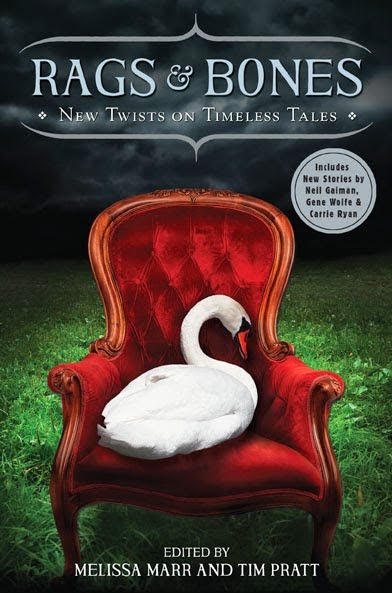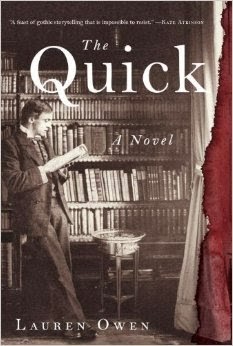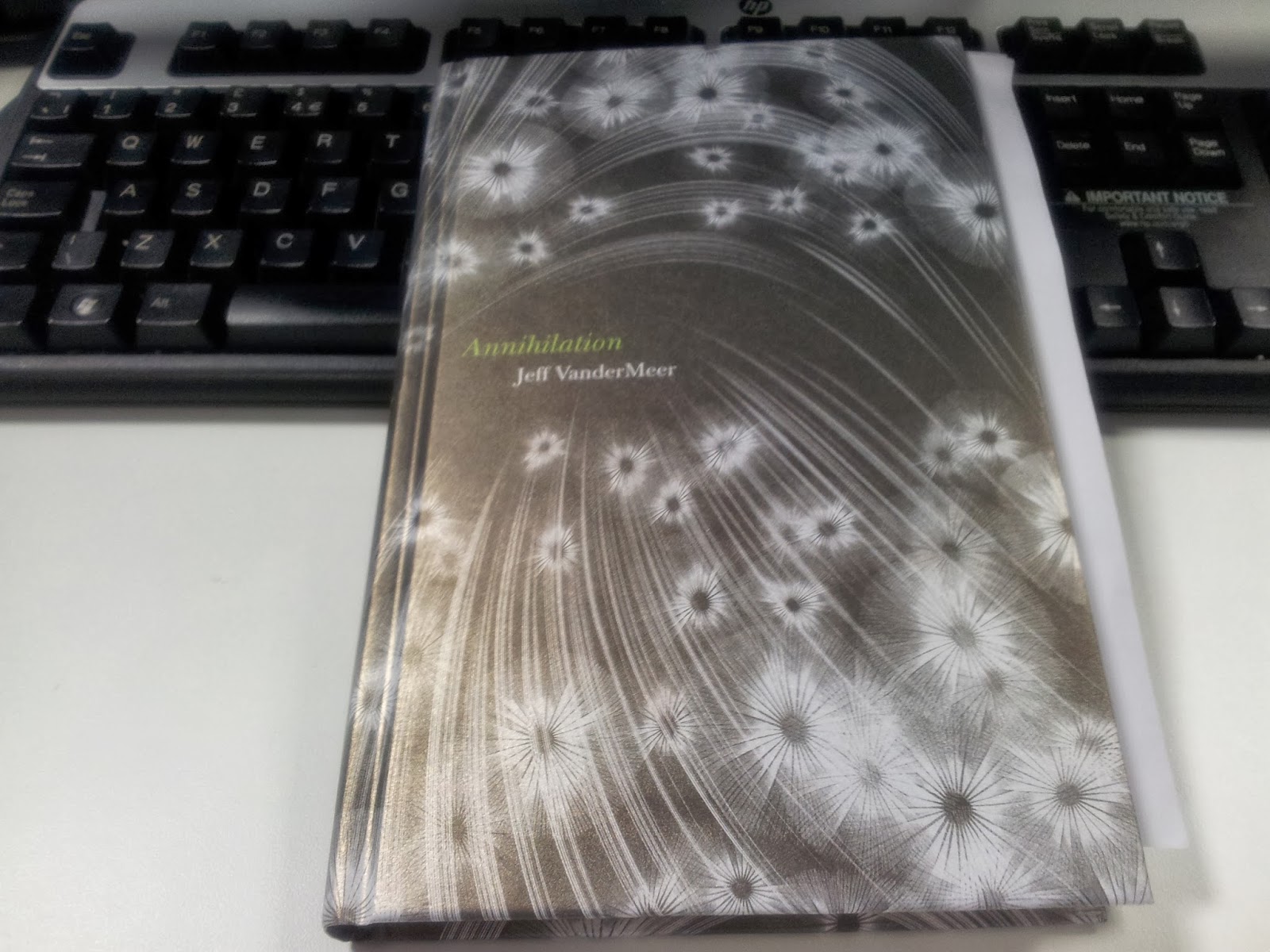Sebastien de Castell is the author of the rather splendid (at least, from what I have read of it so far) 'Traitor's Blade', the first book in 'The Greatcoats' series, and I've just found out that he also writes a mean guest post if you ask him very nicely. I must have asked very nicely as Sebastien very kindly wrote this for me...
The Reader Is The Choreographer: Writing Fight Scenes
I’ve been getting asked about how to write fight scenes a fair amount these days so let me start with a first principle:
Violence is boring.
There are so many fights, stabbings, murders, and assorted forms of torture in media these days that it’s easy to confuse violence with drama. But violence isn’t any more inherently dramatic than ordering coffee. Don’t believe me? Imagine two martial artists walking into a room. Neither one has any expression on their faces. They begin fighting - punching, kicking, jumping, spinning - with speed and precision. They whirl around each other for a few minutes and then one man successfully subdues the other and breaks his neck. Do you care whether it was character A who killed B or B who killed A? Is there anything dramatic in the outcome?
Now instead imagine an elderly woman walking into a coffee shop. She stumbles along with her walker, barely able to make it from the door to the counter. The ravages of the cancer in her bones make this simple trip - one she’s done a thousand times before - the last before she will move into the hospice that will house her for the paltry remaining days of her life. The little moments of this journey - saying hello to the young man behind the counter, choosing which coffee to buy, opening her purse, making the last purchase she’ll make for herself - are the memories she’ll take with her. It’s not much, but it’s everything that’s left. But the man behind her in line is annoyed. The old woman is taking too long and he’s sick of coming into this damned coffee shop on the way to work every day only to end up being late for a meeting because of some old codger holding up the line. He starts to rush her. He’s loud and he’s angry and all this old woman wants to do is shuffle away, with her walker, away from the counter and out of the shop. Sensing she’s about to leave, the man begins to push past her with a perfunctory “excuse me." But the old woman turns. Just in that moment she turns to this man who threatens her with nothing more than his bluster and angry words and she says “no.” The fight begins.
The Best Fights Are About Character, Not Plot.
The mechanisms of violence aren’t what make a fight interesting. What’s interesting about a fight scene are the stakes for the character; the way that character fights first with their own fear and only then with their opponent, and the way that individual character’s approach to fighting tells us about them.
Take the following two films: The Princess Bride and The Duelists. You’d have trouble finding two movies whose tone and style are more different. The Princess Bride is a light-hearted swashbuckling fantasy, choreographed by the incredible Bob Anderson (who worked with folks like Errol Flynn back in the day.) The Duelists is a dark, gritty Napoleonic tale based on the short story by Joseph Conrad. The fights were choreographed by William Hobbs who was instructed by director Ridley Scott to make sure the fights looked dirty and ugly and nothing like the swashbuckling of earlier films. But despite the radical differences in the fights of those films, in both cases every action tells you about the character in the fight. The way the two opponents go at it are a reflection of their personality, their fears, and their backgrounds.
We care about Wesley’s fight with Inigo in the Princess Bride because we can sense that these two men admire each other. Their fight is as much an exploration of the other’s talents as it is a duel. In fact, our sense of jeopardy comes from the fact that these two men shouldn’t have to be enemies, and yet, their situation means that one may well die at the hands of the other. Contrast this with the messy, stuttered fights between Feraud and D’Hubert in The Duelists. One man, arrogant and lusting to use violence as his way of getting back at those he believes look down on him. The other, desperate and unsure of what to do - fearing that this fight will end in either death or dishonour. The moves matter; the weapons matter; but only because they allow the audience to see inside the characters and their conflict. I love writing Falcio’s fights because he sees each one as a problem to be solved - he tries to intellectualize the battle and find some ingenious way to survive. But his own past sometimes comes to the fore and takes him over. In those moments, all of his skill and intellect disappear, replaced by rage and recklessness, and we realize he’s not the man he thinks he is.
The Reader Is The Choreographer.
Ultimately the writer’s job isn’t so much to meticulously choreograph the fight - it’s to give the reader the bits of insight that enable them to build the scene in their minds. In that sense, it’s really the reader who choreographs the fight and the author simply gives them the tools to do so. One of the most dramatic fights in Traitor’s Blade doesn’t happen on the page at all: Falcio is about to face a smiling armoured man with an axe - a fight he doesn’t think he can win - when the tragedy of his past comes crashing down on him. We shift from the fight into that horrific memory, and when we come back, Falcio’s opponent is dead on the ground and he himself is in a state of shock. At no point is a single move of that fight described, but when I ask readers about it they remember it happening in detail.
For me as a writer the goal is to write a fight scene as if it were dialogue - to do my best to make each character’s actions as distinct, personal, and emotionally motivated as the words they use. If I can do that well enough, then I can shift out of the movements themselves and let the reader begin to shape the back and forth of the battle inside their own mind and fill in the details so that I’m always telling a story rather than documenting a series of movements.
Thanks Sebastien! 'Traitor's Blade' will be published in a couple of weeks by Jo Fletcher Books, you should be able to catch my review a little before then.

.jpg)



















